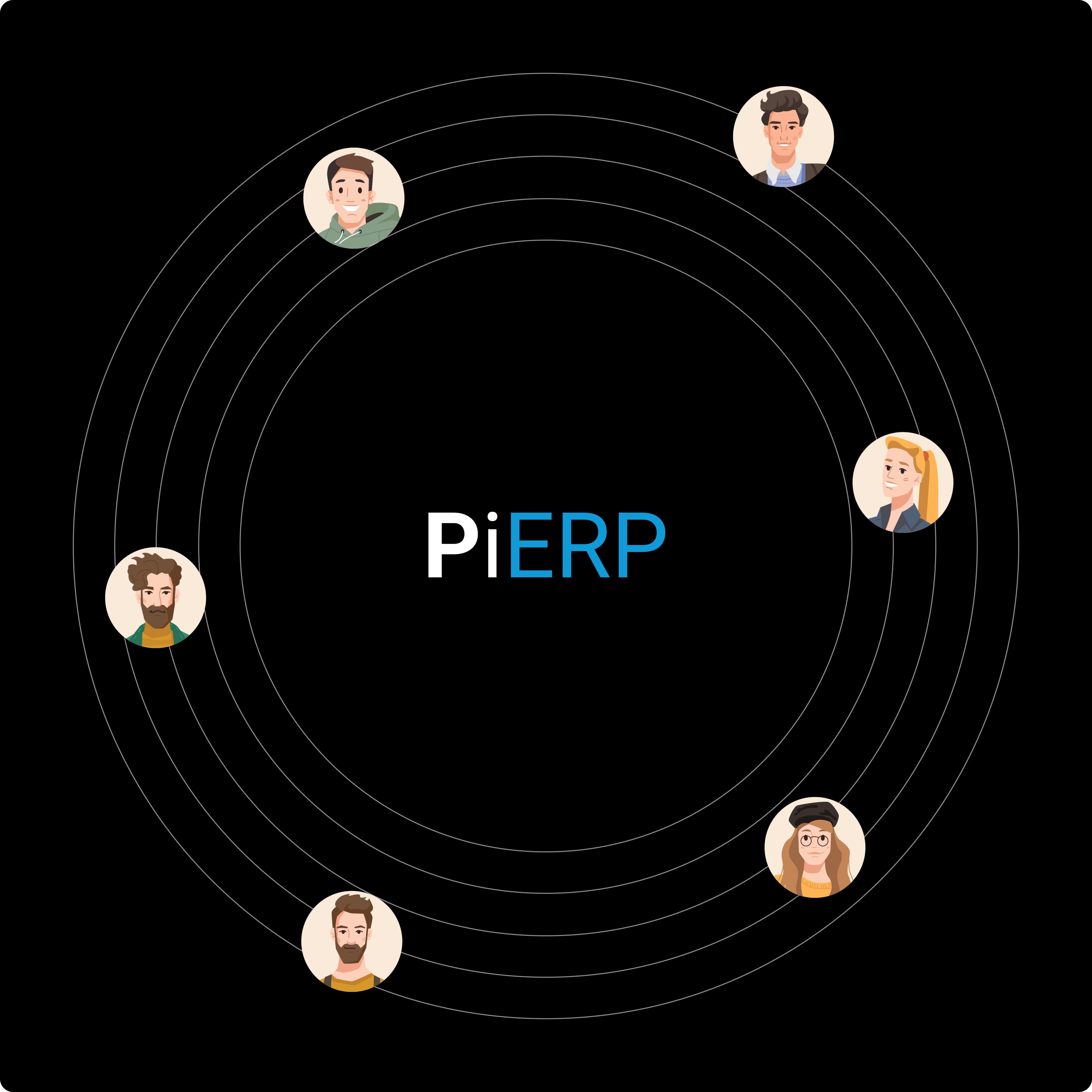The healthcare industry is evolving rapidly, fueled by technological innovation and the growing demand for streamlined patient care. As hospitals and clinics face mounting pressure to deliver quality care efficiently, Enterprise Resource Planning (ERP) systems are emerging as essential tools in patient management. An ERP tailored for healthcare can consolidate data, reduce administrative burdens, enhance communication, and ultimately improve patient outcomes.
In this blog, we explore how implementing an ERP system—like the healthcare ERP solution by PiERP—can transform patient management and operational efficiency across medical institutions.
What is ERP in Healthcare?
Enterprise Resource Planning (ERP) in healthcare refers to a centralized platform that integrates all administrative, financial, and clinical functions of a healthcare institution. It serves as a unified system that brings together patient records, billing, inventory, HR, procurement, and other departments under a single digital infrastructure.
Traditional systems operate in silos, leading to duplicated work, errors, and delays. With ERP, data flows seamlessly across departments, ensuring real-time access to critical information.
The Challenges of Patient Management in Healthcare
Hospitals and clinics often encounter several issues in managing patient information and delivering timely care. These include:
- Fragmented patient data stored across multiple systems
- Time-consuming paperwork and manual documentation
- Lack of coordination between departments
- Difficulty in scheduling and managing appointments
- Errors in billing and insurance claims
- Delayed decision-making due to lack of real-time data
These challenges not only hinder operational efficiency but also compromise the quality of care delivered to patients.
How ERP Improves Patient Management
1. Centralized Patient Records
ERP systems consolidate patient information—demographics, medical history, diagnostic reports, prescriptions, and visit notes—into a single, centralized digital record. This enables authorized medical staff to access accurate and up-to-date information instantly, facilitating faster diagnosis and treatment decisions.
With PiERP’s healthcare ERP module, caregivers can reduce data duplication, improve documentation accuracy, and ensure better patient tracking throughout the care lifecycle.
2. Enhanced Appointment and Scheduling Management
Managing patient appointments manually often leads to overlaps, long wait times, and missed consultations. An ERP system streamlines appointment booking, availability checks, and resource allocation.
Patients can also receive automated reminders and alerts, improving adherence to schedules and reducing no-shows. Healthcare staff benefit from a clear overview of daily activities and optimized resource planning.
3. Improved Communication Between Departments
Seamless collaboration between departments—such as radiology, pathology, pharmacy, and front office—is vital for effective patient care. ERP software acts as a communication backbone, ensuring that all units work in sync.
For example, once a doctor prescribes a lab test, the lab department is instantly notified via the system. When results are available, they're automatically updated in the patient record, enabling faster diagnosis and next steps.
4. Real-Time Data Access and Analytics
Access to real-time data is a game-changer in patient management. ERP software empowers healthcare providers to make informed decisions quickly. Data-driven dashboards and reports provide insights into patient outcomes, resource utilization, and treatment efficacy.
Advanced analytics features in PiERP’s software for hospitals help administrators identify trends, forecast patient volumes, and improve operational planning.
5. Accurate Billing and Insurance Processing
AI plays a crucial role in identifying anomalies and potential fraud risks in financial transactions. PiERP’s intelligent risk management system continuously monitors transactions, flagging unusual activities and ensuring compliance with financial regulations.
The ERP system also maintains a clear audit trail, making financial management transparent and less prone to fraud or oversight.
6. Inventory and Supply Chain Management
Patient care depends on the availability of critical supplies—medicines, surgical tools, diagnostic equipment. ERP helps track inventory levels, set reorder alerts, and streamline supplier coordination.
With automated inventory tracking from PiERP’s solution, hospitals can prevent stockouts or overstocking, ensuring uninterrupted service delivery.
7. Enhanced Regulatory Compliance
Healthcare is a highly regulated industry. An ERP system helps hospitals maintain compliance with standards like HIPAA, NABH, and ISO by offering built-in documentation, traceability, and audit features.
PiERP’s healthcare ERP comes with integrated compliance modules to ensure your facility meets all regulatory requirements with minimal manual effort.
Real-World Impact: Case Study
A mid-sized hospital in India implemented PiERP’s ERP solution to improve its patient management system. Within six months, the hospital reported:
- 40% reduction in patient wait times
- 60% faster billing turnaround
- 30% increase in appointment adherence
- Significant reduction in administrative workload
The system also helped the facility scale services during the pandemic without compromising care quality or compliance.
Why Choose PiERP for Healthcare ERP?
PiERP offers a customizable, cloud-based ERP platform specifically designed for the unique challenges of the healthcare industry. Here’s why PiERP stands out:
- Industry-specific modules for patient care, lab management, and radiology
- Scalable architecture suitable for clinics, hospitals, and multi-specialty centers
- Role-based access and stringent data security protocols
- Integration with third-party systems like diagnostic machines and billing platforms
- 24/7 support and regular updates
Learn more about PiERP’s healthcare ERP system here: https://pierp.software/erp-for-healthcare-industry
Conclusion:
In today’s fast-paced healthcare environment, efficient patient management is non-negotiable. ERP systems like those offered by PiERP are revolutionizing how hospitals and clinics operate—making them more responsive, accurate, and patient-centric.
From improved coordination and data transparency to streamlined operations and better compliance, ERP is the cornerstone of modern healthcare delivery. Investing in a robust ERP platform is no longer a luxury—it’s a strategic necessity.
Explore how PiERP can help transform your healthcare institution today:
Visit: https://pierp.software/






